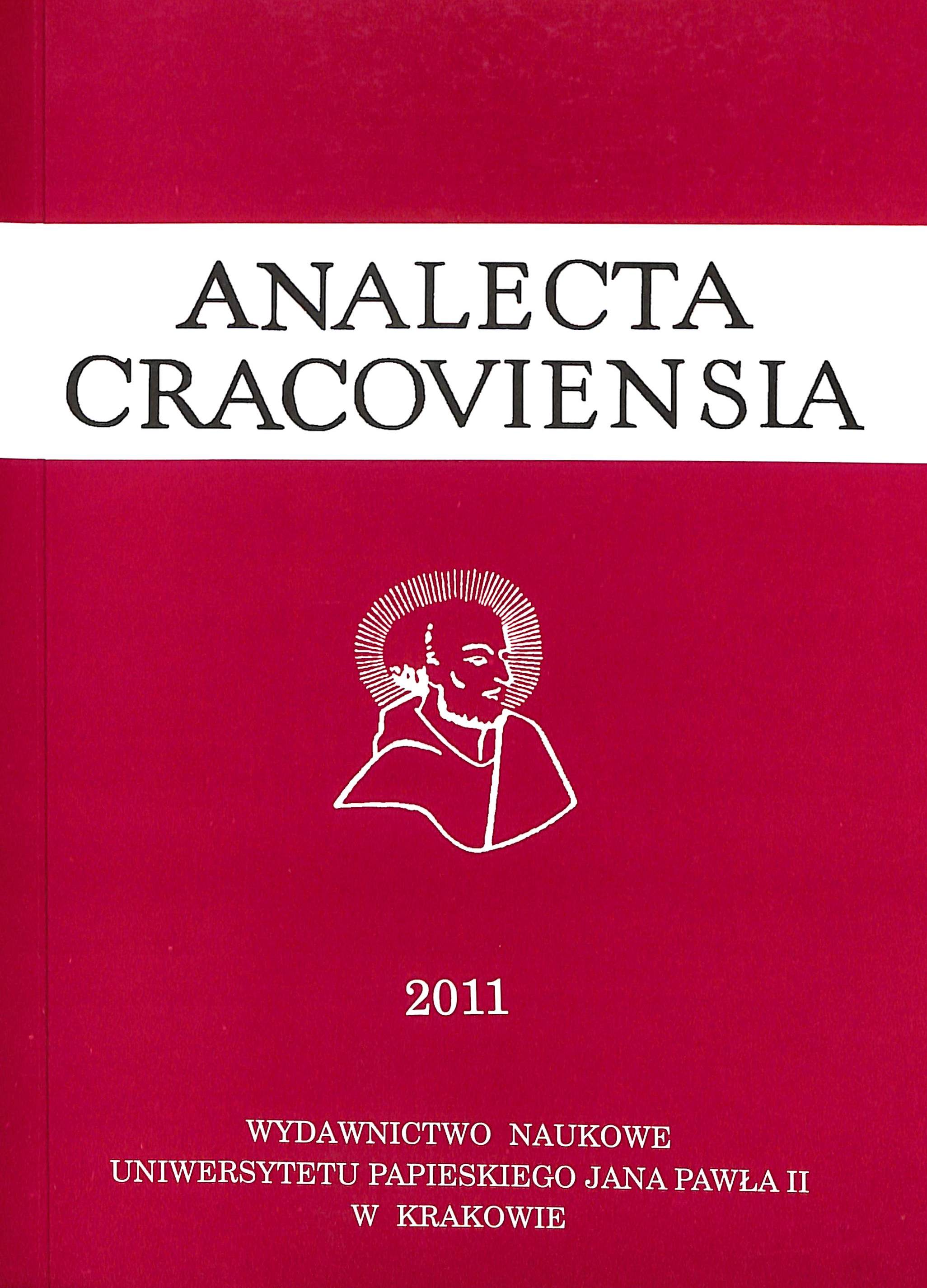Title of God RḤMNN – “The Merciful” from Jewish and Christian Arabic Inscription Before the Rise of Islam. Polytheistic or Monotheistic Origin of Koranic ar-Raḥmān?
DOI:
https://doi.org/10.15633/acr.4320Keywords:
teologia muzułmańska, modlitwa muzułmańska, religie dawnej Arabii, teksty staroarabskieAbstract
Recited several times as part of the Muslim daily prayers basiamo contains three definite nouns: Allah, Raḥmān and Raḥmīm ([…]; bismi-llāhi r-raḥmāni r-raḥīm). Especially the epithet […] ( Raḥmān – “the Merciful”), which is found in the Sabaean inscriptions in the form RḤMNN (Raḥmānān), has a relatively long history in the Middle East. The study of the pre-Islamic Arabic cultures provides the context of numerous religious interactions in the evolution of Raḥmān's meaning. RḤMNN – used by Polytheist Arabs, Jews and Christians – is constantly confirmed in inscriptions, particularly from the so-called “Late Sabaean Period” (after 380) that were associated with Monotheism. During that time Judaism and Christianity attempted to replace the traditional South Arabian religion. Muhammad might have borrowed this name from three sources, which were present in his milieu. RḤMNN – [...] understood by Jews and Christians as “Lord, the Merciful, Master of Heaven” was useful for Islam, the new Monotheistic religion. On the other hand, in South Arabia RḤMNN signified a Moon-god, whom Muhammad even occasionally confused with “Allah” or used as a substitute for “Allah”.
Downloads
Published
Issue
Section
License
Copyright (c) 2011 Krzysztof Kościelniak

This work is licensed under a Creative Commons Attribution 4.0 International License.
Authors who publish with this journal agree to the following terms:
- Authors retain the copyright and full publishing rights without restrictions, and grant the journal right of first publication with the work simultaneously licensed under a Creative Commons Attribution 4.0 International License that allows others to share the work with an acknowledgement of the work's authorship and initial publication in this journal.
- Authors are able to enter into separate, additional contractual arrangements for the non-exclusive distribution of the journal's published version of the work (e.g., post it to an institutional repository or publish it in a book), with an acknowledgement of its initial publication in this journal.
- Authors are permitted and encouraged to post their work online (e.g., in institutional repositories or on their website) prior to and during the submission process, as it can lead to productive exchanges, as well as earlier and greater citation of published work (See The Effect of Open Access).

